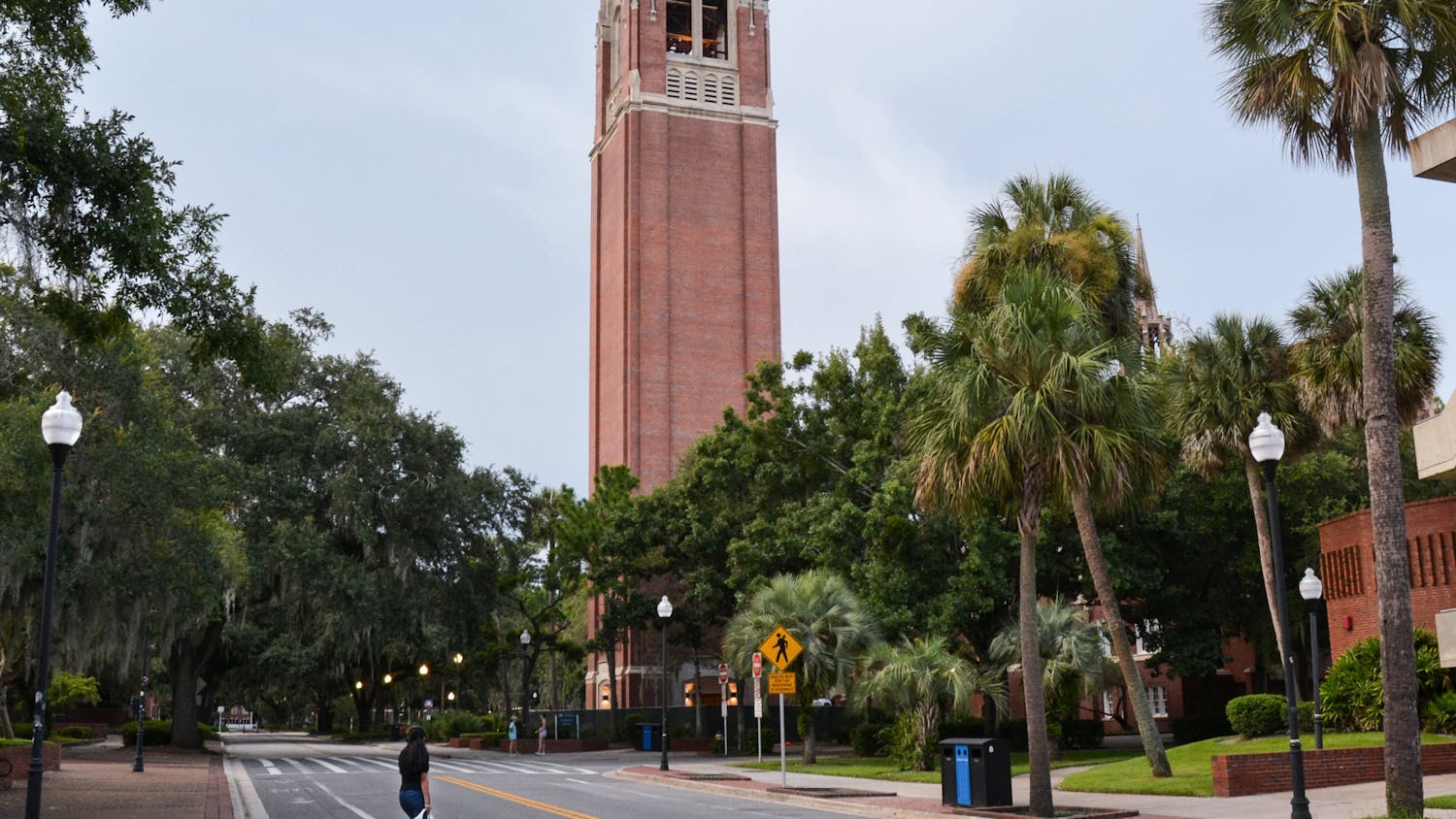UF agreed to partner with online learning program Coursera last week, joining 32 other institutions in offering not-for-credit courses for free.
The online program works to bring top universities together to educate students worldwide. Currently, the UF courses listed on Coursera’s website include Economic Issues Food & You; Fundamentals of Human Nutrition; Global Health Cultures; Global Sustainable Energy: Past, Present and Future; How Music Works; and Sustainable Agricultural/Urban Land Management. None of the UF courses’ start dates have been announced.
Users only need to enter a name and valid email address to sign up.
Andy McCollough, associate provost for teaching and technology at UF, got the university involved with Coursera. He said the program is different from others because it “makes it possible to design a path for each person.”
Instead of 50-minute taped lectures, Coursera has taken the material and split it into 10- to 15-minute segments with interactive quizzes at the end to personalize online learning, he said.
UF spokesman Steve Orlando said he thought the program’s goal for worldwide education was a good thing.
“It’s a different world in higher education now, and the roles are changing,” he said. “The way we are offering courses is changing, too. UF is always very advanced when it comes to online education, and it just makes sense for us to be a part of it.”
Although the classes are free, there’s a catch: They do not count for credit.
Jessica Orenstein, a 20-year-old sociology junior, has taken three online classes while at UF. She said if the Coursera classes counted toward her degree, she would think about taking one.
A student will be issued a certificate upon completion of a course, which does not replace a course taken at an accredited institution, according to Coursera’s Terms of Use.
The terms also state that instructors and participating institutions will not be involved in any attempts to get the course recognized for credit.
But that doesn’t mean the material isn’t valuable for resume building.
“It seems to me, if I was a potential employer, it would tell me … here’s a person who is self-motivated to learn more,” McCollough said.





